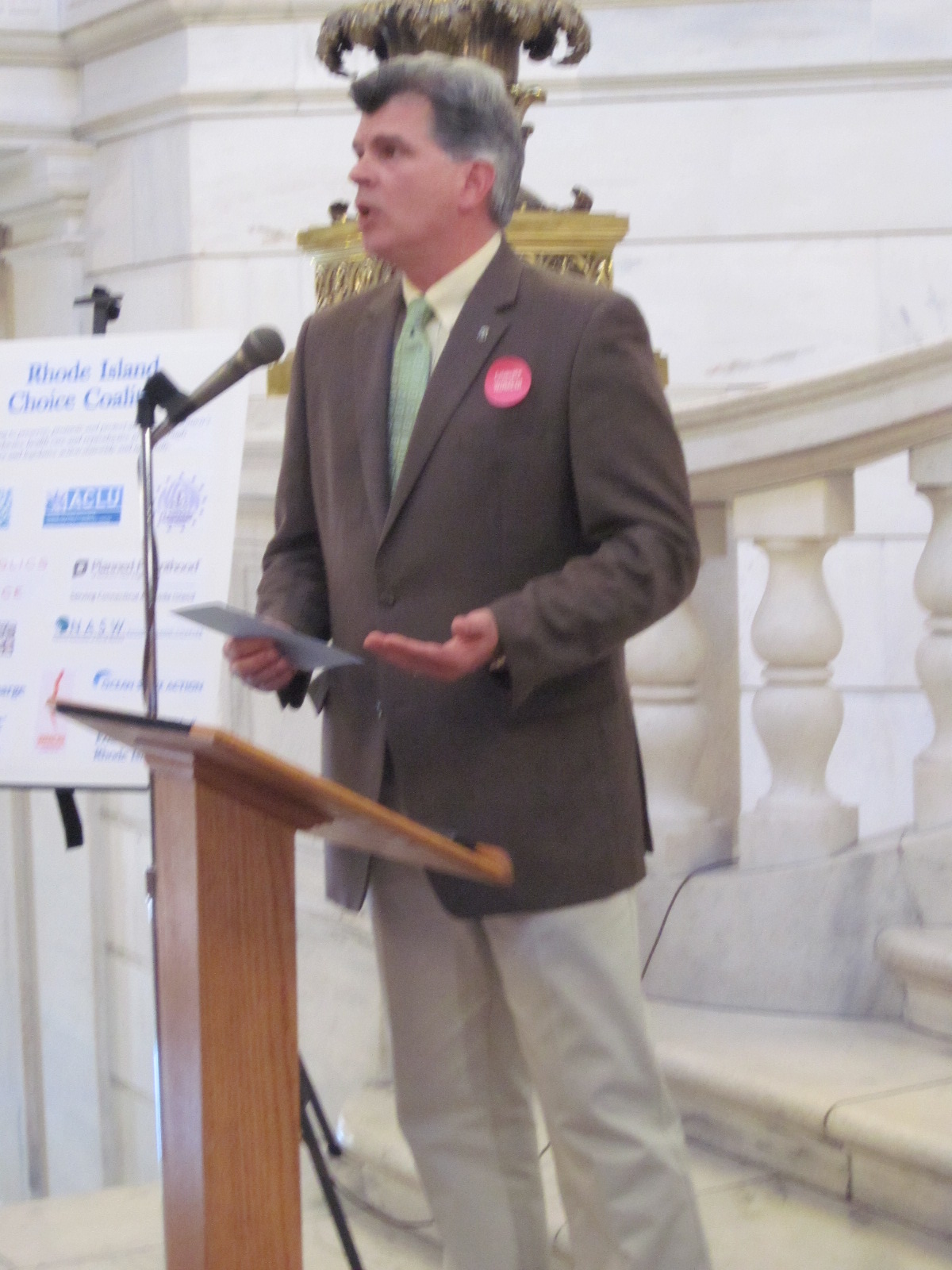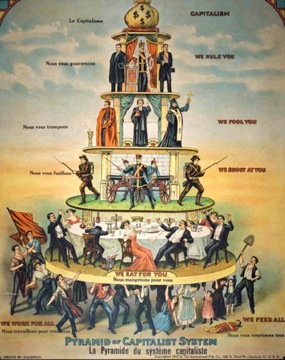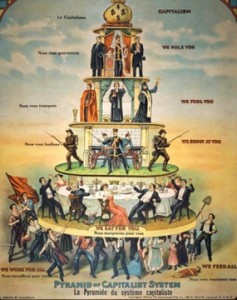 Rep. Larry Valencia is charging hard at injustice and promoting progressive values in the General Assembly.
Rep. Larry Valencia is charging hard at injustice and promoting progressive values in the General Assembly.
This Democrat serving Hopkinton, Exeter, and Richmond voted ‘Yea’ on marriage equality, is a cosponsor of the marijuana legalization bill, the lead sponsor of the repeal of Voter ID, cosponsors Rep. Maria Cimini’s Tax Equity bill, and has also introduced a tax equity bill of his own (H5805) that would actually bump Rhode Island’s top earners tax rate by 4 percent. Cimini’s bill (H5374) calls for a 2 percent bump. Valencia is calling the bill the “Double Cimini.”
Specifically, Valencia’s bill would raise tax rates on individuals earning over $200,000 and couples earning over $250,000 by 4 percent. Valencia estimates that the rate increase would raise an additional $130 million-plus in annual revenue for the state.
Valencia would like the additional revenues to be put towards creating an Office of Inspector General to improve departmental oversight in the state, shoring up social programs for the developmentally disabled, and relieving some of the burden on those who are on fixed incomes, the elderly, and Rhode Island’s veterans.
[vsw id=”fEG5SH3-V-o” source=”youtube” width=”525″ height=”344″ autoplay=”no”]
At a press conference on Wednesday, Valencia touted the bill as a way to, “correct the current imbalance of tax burden that has been place on working families and small businesses with a fair and modest solution, while also addressing our revenue crisis.”
In his position on the House Finance Committee, Valencia is privy to some downright scary fiscal projections for the state. Some show that the states structural deficit could balloon to nearly $500 million for fiscal year 2018. “We need some changes in the revenue side, as well as some judicious cuts in spending.”
“Some of our leaders have maintained unsustainable tax breaks for the wealthy based on the premise that it would bring jobs back to Rhode Island. After 15 years and millions of dollars in tax cuts for the wealthy, our state has one of the highest unemployment rates in the country,” Ocean State Action’s Kristina Fox offered, “to put it bluntly: it didn’t work and it is time to try something new.”
The Young Democrats of Rhode Island are supporting this bill. Alex Morash called income tax reform, “…vitally important to complete a picture of Rhode Island that works for everyone. We’re not asking for a handout. We’re asking for a fair shot in an economy that works for all Rhode Islanders.”
One would think that local mayors, administrators, and council members would be clamoring to support this bill, especially in Rhode Island’s most distressed communities, but bill proponents have yet to approach local legislators for support. “I don’t know if we’re at that stage yet. Building support for legislation like this takes time,” Valencia said. This is the third year that he has introduced the bill.
“Equal protection from environmental hazards cannot happen in Rhode Island without tax fairness,” said Amelia Rose, Director of the Environmental Justice League of RI, “Our Department of Environmental Management is underfunded and the budget continues to be cut. This has slowed the remediation of brownfields in urban areas, which directly affects the quality of life of the predominantly immigrant and low-income people that live in these areas.”
Local policy researcher and sometime RI Future contributor, who crunched many of the numbers in the bill, offered these points. “Opponents of tax equity, what they’re implicitly saying, is that this problem of appeasing rich people is the biggest problem that we’re facing today. My question to them is: Are you sure?”
Valencia, not satisfied with simply increasing revenue, has also introduced legislation that would create the office of an Inspector General in the state. The office would provide oversight to all divisions of government in the state, in an effort to make sure that the investments that we do make are prudent and returns on those investments are realized.



